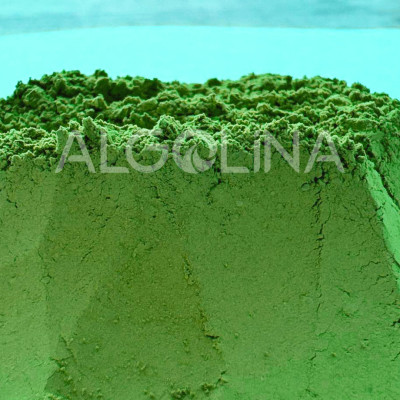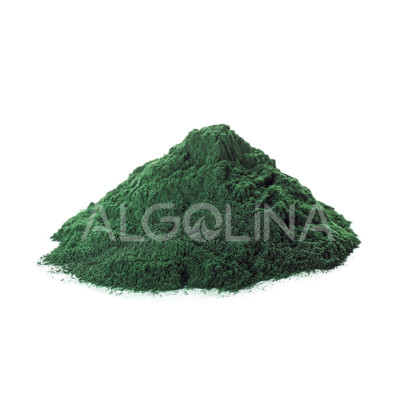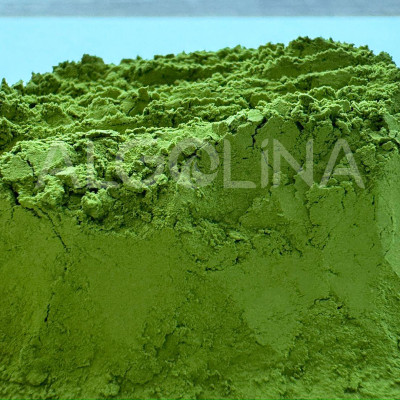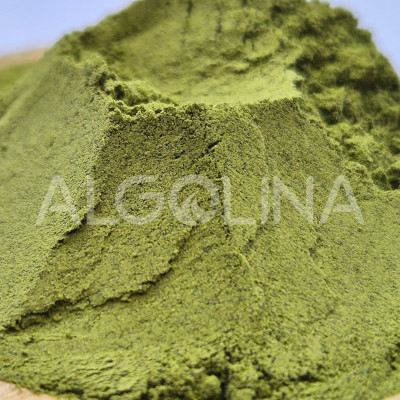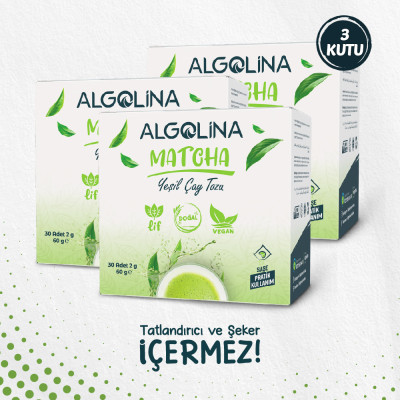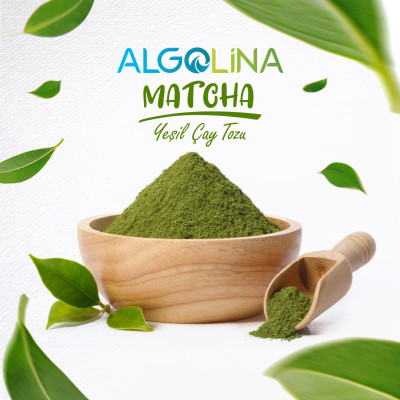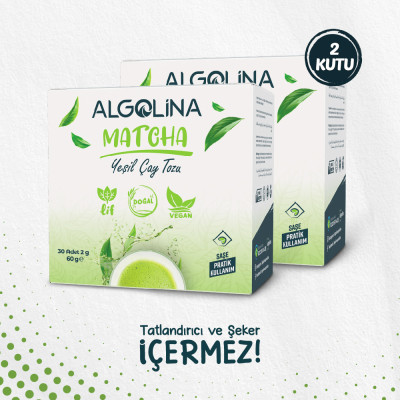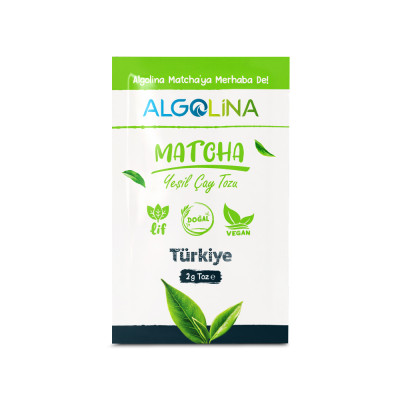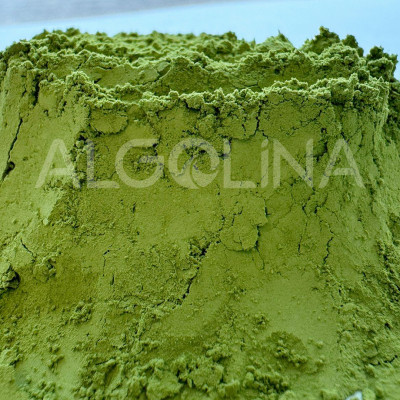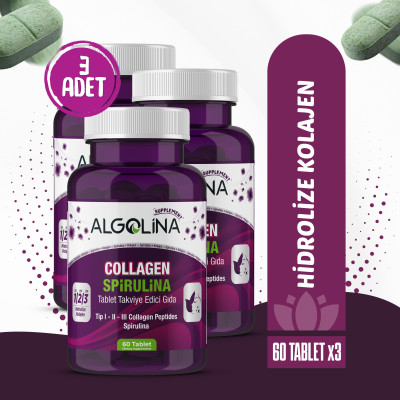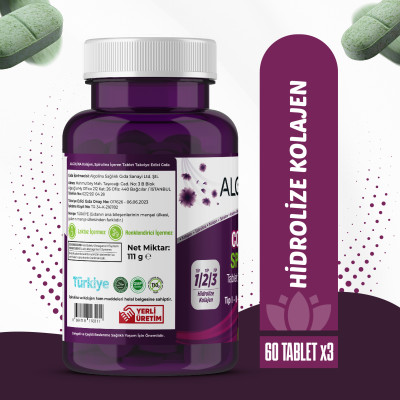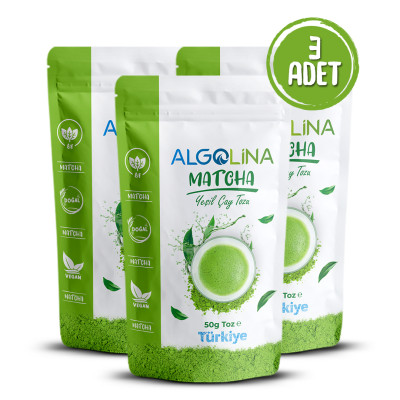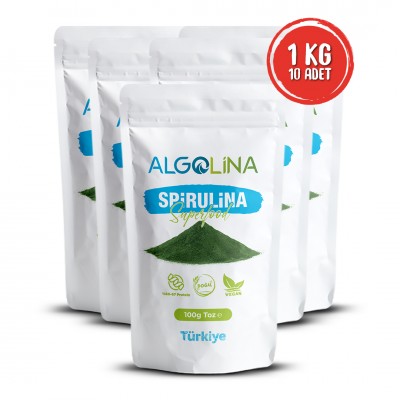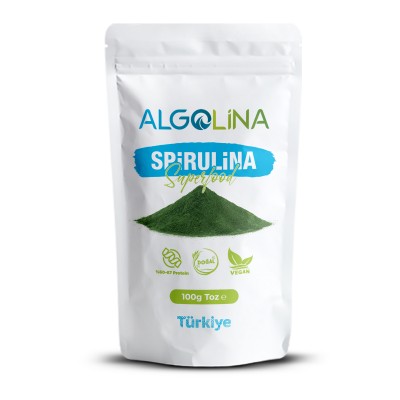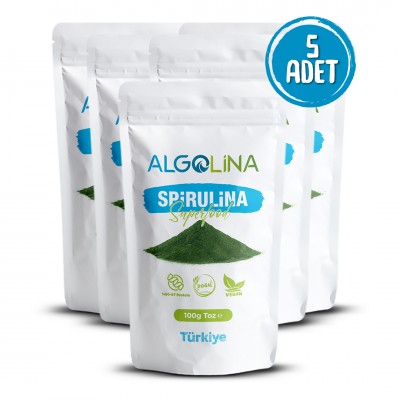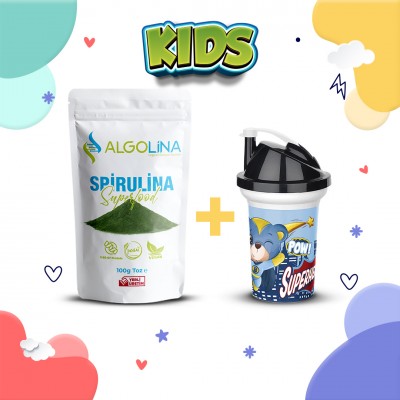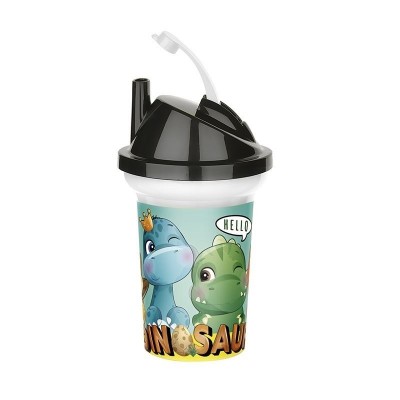Spirulina Ne İşe Yarar? Spirulinanın Faydaları ve Kullanım Alanları
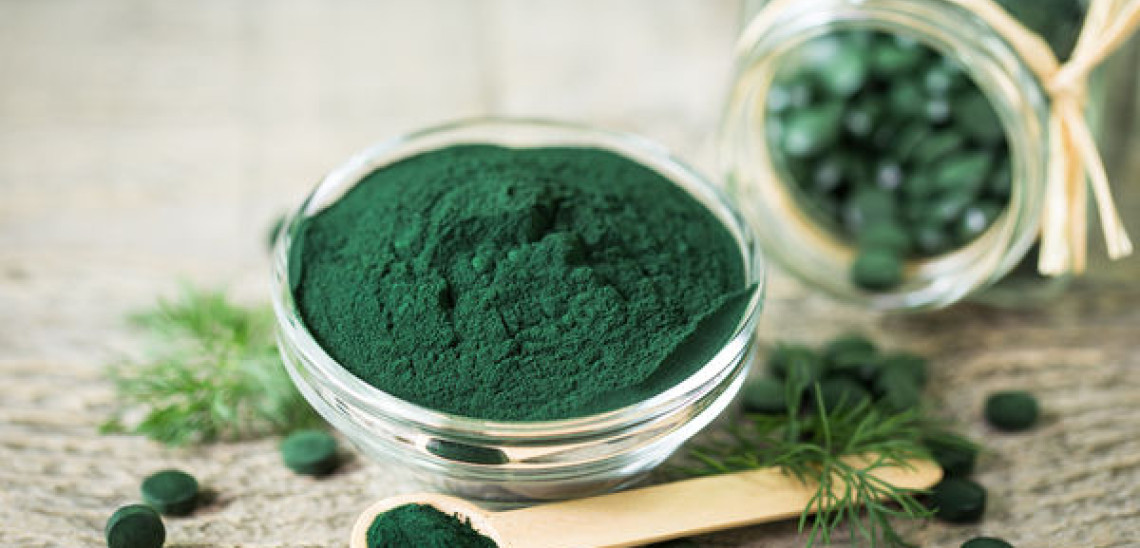
Spirulina ne işe yarar? Spirulinanın faydaları ve kullanım alanları nelerdir?
Spirulina, alkali sularda yetişen mikroskobik bir alg türüdür. Doğal olarak yüksek protein, B vitaminleri, demir, kalsiyum ve magnezyum gibi mineralleri içerir. Mavi-yeşil algler familyasına ait olan bu organizma, yüksek besin değeri ile bilinir. Doğal olarak protein, B vitaminleri, demir, magnezyum, klorofil ve antioksidanlar gibi birçok besin öğesi içerir. Spirulina, binlerce yıldır farklı kültürler tarafından besin kaynağı olarak kullanılmıştır. Günümüzde ise sürdürülebilir bir gıda kaynağı olarak dikkat çekmektedir.
- Zengin protein içeriği: %60-70 oranında protein içerir ve bitkisel bazlı protein kaynağı olarak kabul edilir.
- Vitamin ve mineral deposu: B1, B2, B3, B6, B9 vitaminleri, demir, magnezyum, potasyum ve çinko gibi mineraller açısından zengindir.
- Doğal pigmentler: Klorofil (yeşil renk) ve fikosiyanin (mavi renk) gibi antioksidan özellikli bileşenler içerir.
- Farklı kullanım formları: Toz, tablet veya kapsül halinde tüketilebilir, bu da kullanımını oldukça pratik hale getirir.
Spirulina Ne İşe Yarar?
1. Besleyici Bir Takviye Olarak Kullanılabilir
Spirulina, içeriğindeki zengin protein, vitamin ve mineraller sayesinde günlük beslenme düzenine eklenebilir. Özellikle besin eksikliklerini tamamlamak isteyen bireyler için uygun bir seçenek olabilir. Ayrıca, yoğun tempoda çalışan veya yeterli beslenme fırsatı bulamayan kişiler için pratik bir destek sunar.
2. Sporcular İçin Alternatif Bir Destek Olabilir
Bitkisel protein içeriği ile spor yapan bireyler tarafından tercih edilebilir. Kas onarımı ve enerji ihtiyacı için gerekli olan amino asitleri içermesi, sporcuların performansını destekleyici bir rol oynayabilir. Ayrıca, vegan ve vejetaryen sporcular için iyi bir protein kaynağıdır.
3. Günlük Beslenmeye Kolayca Dahil Edilebilir
Toz formu smoothie’lere, yoğurda, meyve sularına veya çeşitli tariflere eklenerek tüketilebilir. Tablet veya kapsül formu ise su ile direkt olarak alınabilir. Bu esneklik, spirulinayı günlük rutine dahil etmeyi kolaylaştırır.
4. Çeşitli Diyetlere Uyum Sağlayabilir
Vegan, vejetaryen, paleo veya dengeli beslenme programlarına entegre edilebilir. Gluten içermemesi ve düşük kalorili olması, farklı diyet ihtiyaçlarına uygunluğunu artırır.
Spirulinanın Öne Çıkan Faydaları
- Yüksek besin değeri: Protein, vitamin ve mineraller açısından zengin bir içeriğe sahiptir.
- Bitkisel kaynaklı protein: Vegan ve vejetaryenler için alternatif bir protein kaynağıdır.
- Geniş kullanım alanı: Toz, kapsül ve tablet olarak tüketilebilir, bu da kullanımını kolaylaştırır.
- Doğal bileşenler içerir: Klorofil, fikosiyanin ve karotenoidler gibi antioksidan özellikli doğal pigmentler barındırır.
- Sürdürülebilir bir kaynak: Tarım arazisi gerektirmeden yetiştirilebilir ve çevre dostu bir besin kaynağıdır.
Spirulina Nasıl Kullanılır?
| Form | Kullanım Şekli |
|---|---|
| Toz | Smoothie, yoğurt, meyve suyu veya su ile karıştırılarak tüketilebilir. Ayrıca çorba, sos veya hamur işlerine eklenebilir. |
| Tablet/Kapsül | Doğrudan su ile yutularak alınabilir. Günlük önerilen dozajı aşmamaya dikkat edilmelidir. |
| Gıda Katkısı | Çeşitli tariflerde kullanılarak besin değerini artırmak için tercih edilebilir. |
Spirulina Kullanırken Nelere Dikkat Edilmeli?
- Kullanım miktarı kişisel beslenme düzenine ve ihtiyaçlarına uygun şekilde belirlenmelidir. Aşırı tüketimden kaçınılmalıdır.
- Güvenilir ve kaliteli ürünler tercih edilmelidir. Sertifikalı spirulina ürünleri daha güvenilir olabilir.
- Kronik hastlalığı olan bireylerin bir uzmana danışması önerilebilir, özellikle hamileler, emziren anneler veya kronik rahatsızlığı olanlar doktor tavsiyesi ile tüketmelidir.
Sıkça Sorulan Sorular (SSS)
1. Spirulina hangi besin öğelerini içerir?
Spirulina, yüksek oranda protein, B vitaminleri (B1, B2, B3, B6, B9), demir, magnezyum, potasyum, çinko ve antioksidanlar (klorofil, fikosiyanin) içerir.
2. Spirulina nasıl tüketilir?
Toz formu smoothie, yoğurt veya su ile karıştırılarak tüketilebilir. Tablet veya kapsül formu ise doğrudan su ile alınabilir.
3. Spirulina kimler tarafından tercih edilebilir?
Beslenme rutinine ek besin kaynağı dahil etmek isteyen bireyler, sporcular, vegan ve vejetaryenler, yoğun tempoda çalışan kişiler tarafından tercih edilebilir.
4. Spirulina alırken nelere dikkat edilmeli?
Güvenilir markaların ürünleri tercih edilmeli, sertifikalı olanlar seçilmelidir.
5. Spirulina’nın tadı nasıldır?
Spirulina’nın kendine özgü hafif bir tadı vardır. Toz formu, güçlü bir aroma içerebilir, bu nedenle smoothie veya meyve sularıyla karıştırılarak tüketilebilir.
Spirulina, yüksek besin değeri, geniş kullanım alanı ve sürdürülebilir bir gıda kaynağı olmasıyla öne çıkan bir süper gıdadır. Farklı formlarda bulunması sayesinde günlük beslenmeye kolayca entegre edilebilir. Ancak, kullanırken kaliteli ürünler tercih edilmeli ve kişisel ihtiyaçlara uygun şekilde tüketilmelidir.


